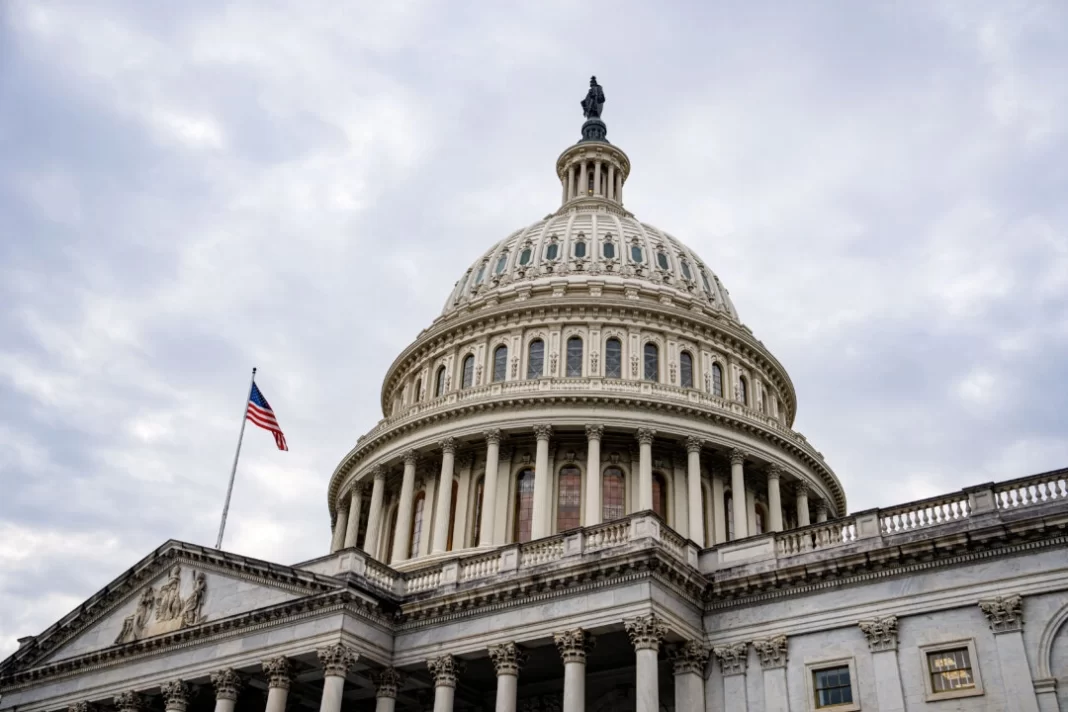The budget bills will top the agenda as the end of fiscal year looms.
September is here, which means Congress is back in session with a lot on its plate.
Both chambers return Sept. 2 after a month in their districts with constituents. As is usually the case, government funding is set to expire at the end of this month, and addressing that will take up a large share of Congress’s attention.
Lawmakers also have a slate of other priorities after a month of executive actions—from federal spending cuts to executive nominations—that kept the usually slow August news cycle busy.
Here’s what to look for.
Government Funding
Funding is scheduled to run out on Sept. 30 under a stopgap spending bill approved by Congress in March.
Both chambers will need to pass, and President Donald Trump sign, a total of 12 funding bills to avert a complete or partial government shutdown. So far, the Senate has passed an initial draft of three of these, while the House has passed two. Only one, a bill to fund military construction, has passed both chambers.
Lawmakers will also need to pass the National Defense Authorization Act, an annual bill to set military policy.
The toughest challenge for the spending bills will be the Senate, where Republicans will need the support of seven Democrats to overcome a filibuster.
Despite that, Office of Management and Budget Director Russ Vought has called for a “less bipartisan” appropriations process.
Senate Majority Leader John Thune (R-S.D.) disagreed, telling reporters, “It’s going to take 60 [votes] to fund the government.”
Senate Minority Leader Chuck Schumer (D-N.Y.) and House Minority Leader Hakeem Jeffries (D-N.Y.) have called for pursuing “a bipartisan path” on appropriations.
Republicans may need to resort to passing a stopgap bill to fund the government.
Rescissions
Lawmakers will also address a White House request to cut $4.9 billion in foreign aid, a request known as a rescission.
Trump proposed the cuts on Aug. 28, and the White House released the request on Aug. 29.
The funds requested for cancellation were allocated to the State Department and the U.S. Agency for International Development, which is in the process of being shuttered by the Trump administration.
The request is authorized under the Impoundment Control Act, which allows presidential requests that Congress rescind funding for a federal agency or project. Congress then has 45 days to approve the request.
It’s the second such package presented to Congress. In July, the Senate approved $9 billion in cuts requested by the White House.
However, unlike its predecessor, the current request is known as a “pocket rescission,” which can enable the president to cancel funding without the approval of Congress by submitting a request late in the fiscal year.
Vought has defended the system, telling CNN’s Jake Tapper that pocket rescissions are one of the administration’s executive tools.
“It’s been used before,” he said.
Because the $4.9 billion request was released late in the fiscal year, the request will be automatically allowed to proceed if Congress doesn’t vote to reject it before the Sept. 30 funding deadline.








